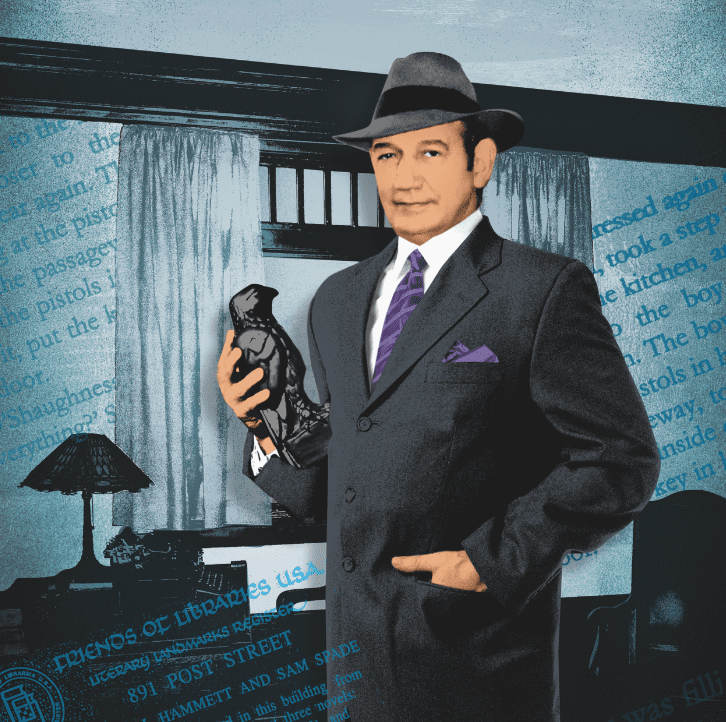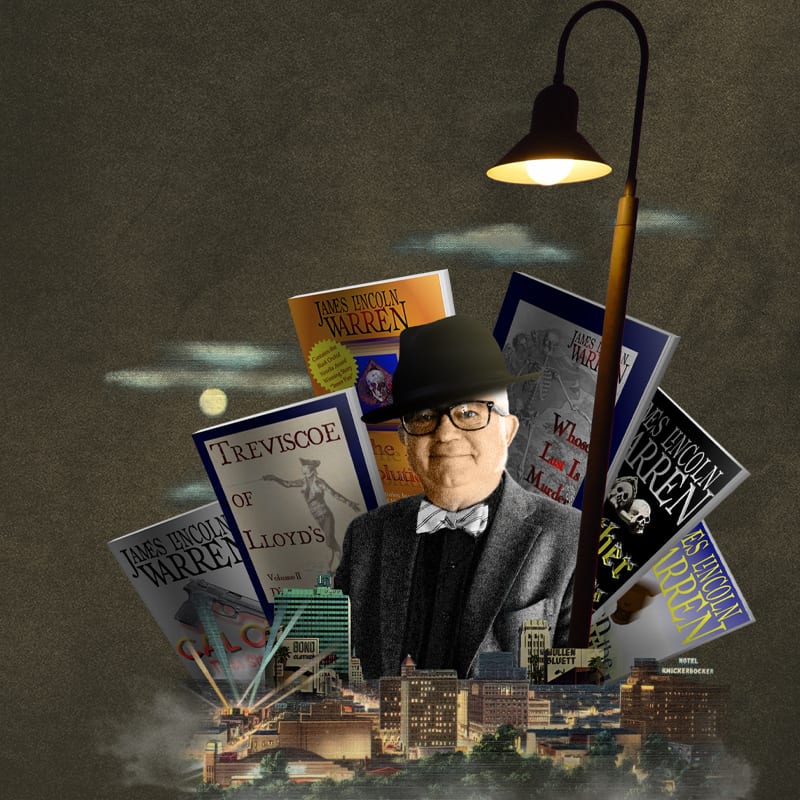
The Lodge That Wasn’t There
Meet the Invisible Lodge, the most mysterious Masonic group in the known—or unknown—world.

By Laura Benys
When the coronavirus reached California, continuing-care communities were faced with health questions most had never asked themselves, never mind answered. Sadly, with little in the way of preparation for such an outbreak, many organizations were slow to react. At the Masonic Homes of California, however, the response was entirely different—a proactive, coordinated call to arms.
Without a real playbook for dealing with a global pandemic, they were forced to write their own.
“We were ahead of the curve,” says Judy Figueroa, executive director of the Masonic Home in Covina. Together with Soledad Martinez, the executive director of the Homes’ Union City campus, Figueroa and a team of MHC leaders have been on regular coronavirus-related calls with public health professionals advising retirement and assisted-living facilities. As those experts outline steps that organizations like theirs can and should undertake, it’s clear that MHC has been a trailblazer. Most steps they advise, Figueroa says, “We’ve already done it.”
The Masonic Homes was among the state’s first retirement communities to create a COVID-19 task force, put strict visitor restrictions in place, and develop screening, testing, and masking protocols for employees and residents. Staff at the Homes quickly embraced social distancing and sanitizing routines. Meals moved from communal dining rooms to individual resident apartments. Craft materials and library books were made available by appointment only, then sanitized and delivered directly to residents. Favorite activities like bingo were moved outdoors.
That swift response saved lives. Nationally, eight out of ten coronavirus-related deaths have been among those 65 and up, according to the CDC. Per a New York Times review, more than 40 percent of deaths attributed to the virus struck those living or working in nursing homes or long-term-care facilities. As of mid-August, the Masonic Homes had reported just five positive cases among staff at its two campuses—each person was immediately quarantined— and none among residents.
As state and national guidelines were rolled out, leaders at both locations gathered with staff to revise policies and think ahead to what would come next—and then what would come months down the road. Crucially, they say, the Homes made an early commitment to keeping residents and their families up to date on all developments and prioritizing the morale of residents and staff during what has become a very long and very hard chapter for all.
Shortly after cases began appearing in the state, staff produced video messages about the importance of wearing masks—one resident stars in a Rosie the Riveter–themed clip—and aired them alongside thrice-weekly video addresses from president and CEO Gary Charland on a TV channel dedicated to coronavirus updates. They set up telehealth appointments for residents in need of emotional or mental health support with counselors from the Masonic Center for Youth and Families. And they ramped up technical assistance to help residents connect with loved ones over video chat on provided tablets. “The staff is unbelievable,” says Barry Brown, a resident at the Union City campus. “They are so efficient and conscientious and helpful. They’re doing absolutely everything to make sure we’re safe.”
That outreach extends to staff members too, many of whom have worked tirelessly under incredible pressure. Programs include extra paid time off and donations of hard-to-come-by household staples.
Fittingly, in August, for the second year in a row, the Masonic Homes of California was named a top workplace by the Bay Area News Group.
Masonic lodges and youth orders have pitched in as well, offering a steady stream of thank-you cards, pizza deliveries, gift certificates, and more. In May, a car parade of Masons processed past the Masonic Home in Covina, honking horns and raising signs thanking the staff and sending well wishes to residents.
Caring for fraternal family is about more than just physical health, leaders at the Homes say. Which is why the staff works hard to weave moments of joy into the “new normal” of residential life. Both campuses have taken advantage of outdoor areas for socially distanced (but socially engaging) activities and developed themed events like A Day in Italy, complete with a wandering violinist, as well as challenges that residents can compete in from their rooms. They even kicked off a weekly “Make a Wish” day for residents: One needed help finding and connecting with her sister, whom she hadn’t talked with in two years. Now they have weekly video chats.
At a time when milestone events are hard to celebrate, the Homes have found innovative ways to honor birthdays and anniversaries. Which is how, on June 18, Barbara and Barry Brown found themselves celebrating their 54th wedding anniversary in high fashion. They’d expected to have a humdrum night in their apartment, any hope of a nice dinner out dashed. But the Union City staff stepped in to save the day. The on-site chef prepared a four-course meal with filet mignon and lobster, and another staff member filled in as waiter. The couple dined in the music room, one of the prettiest on campus, with a sweeping view of the San Francisco Bay. They dressed up and listened to their favorite music. It felt like a night away from the pandemic. “It was so generous, and very special for both of us,” Barbara Brown says. “It was a feeling of being incredibly lucky to be where we are.”
That’s a high honor, says Union City’s Martinez—and confirmation that the hard work has paid off. “It’s a good feeling to give everyone a little bit of that, especially in hard times,” she says. “The residents and the staff are resilient. They’re pulling through this together.”

RELIEF FOR CALIFORNIA MASONS AND THEIR FAMILIES
Contact us today to access your member benefits and services:
masonichome.org
(888) 466-3642
mcyaf.org
(877) 488-6293 (San Francisco)
(626) 251-2300 (Covina)
PHOTOGRAPHY CREDIT:
James MacRae

Meet the Invisible Lodge, the most mysterious Masonic group in the known—or unknown—world.

When a tiny apartment with a big-time literary past came up for rent, William Arney found himself walking in Sam Spade’s footsteps.

Mystery writer James Lincoln Warren is an expert author of the hardboiled crime story.